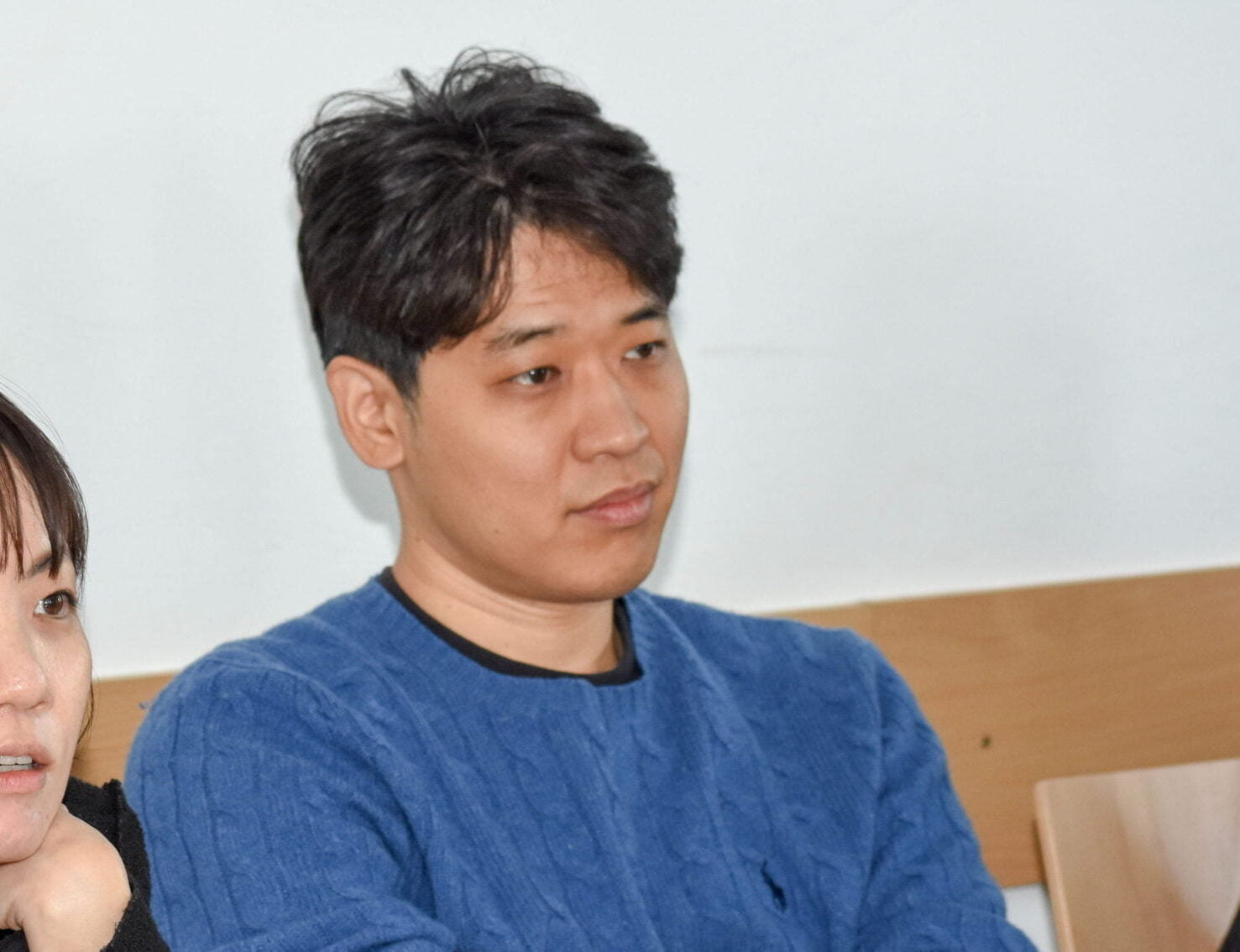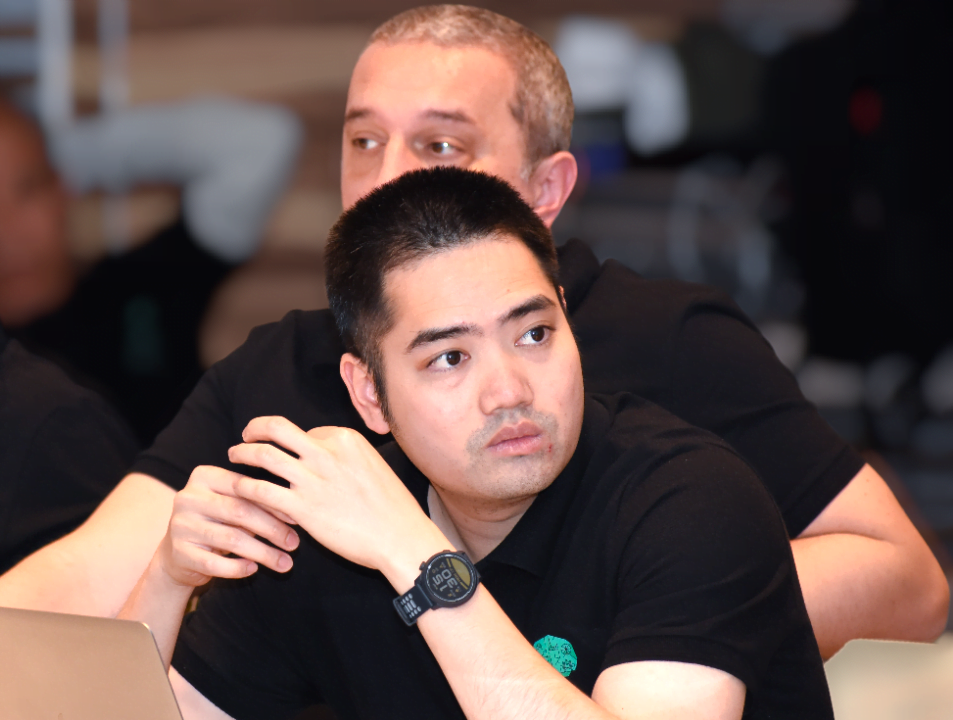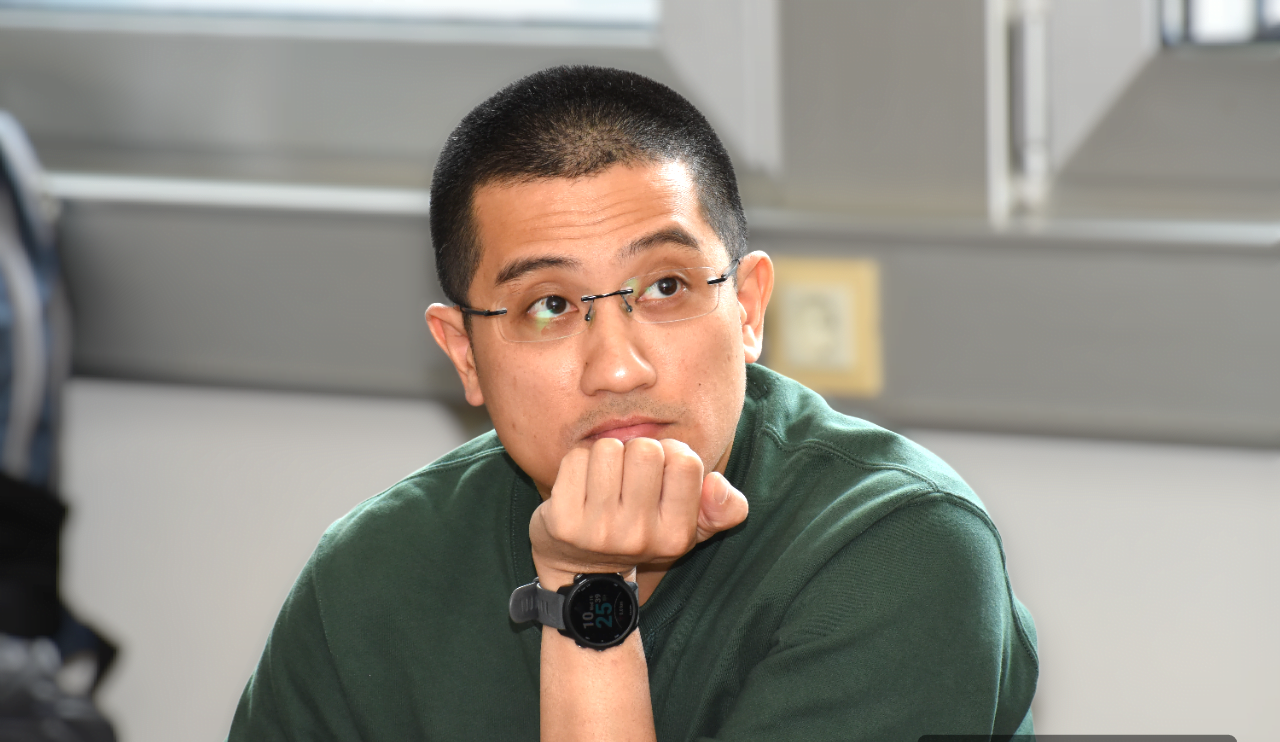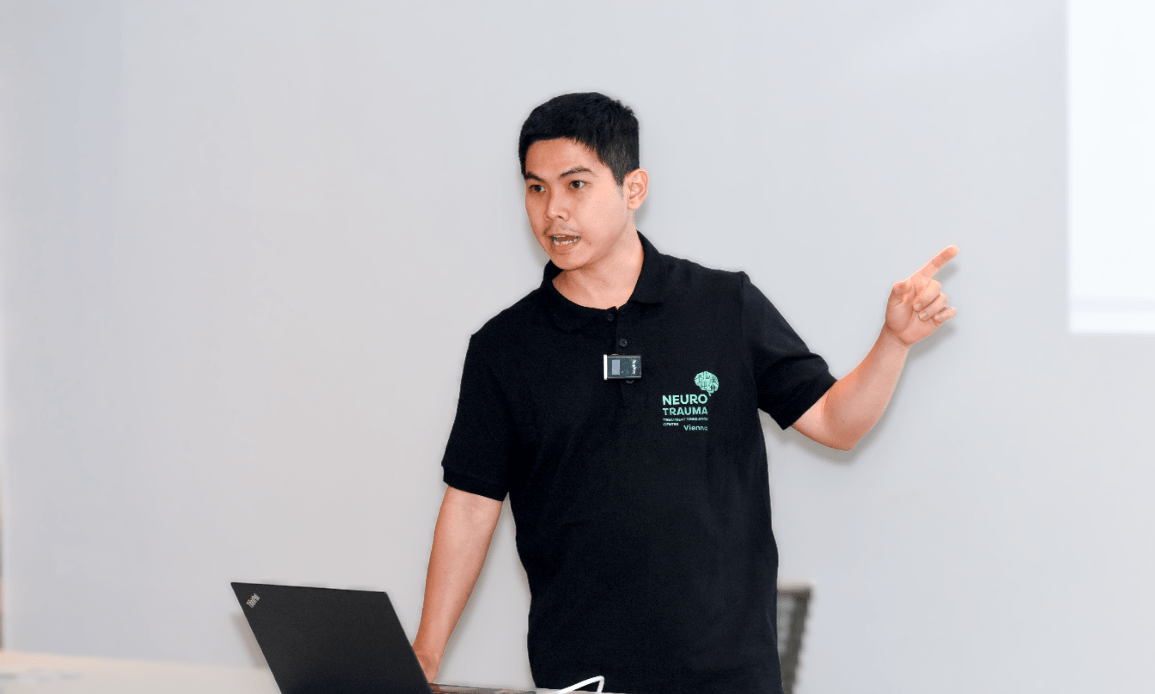The Neurotrauma Treatment Simulation Center (NTSC) 2023 represented a chance for worldwide participants to delve into the intricacies of multidisciplinary neurotraumatology through a 5-day intensive hands-on experience in Vienna, Austria. The NTSC experience aims to bring together specialists of multiple backgrounds dedicated to shifting the treatment paradigm – from short-term focus to long-term follow-up.
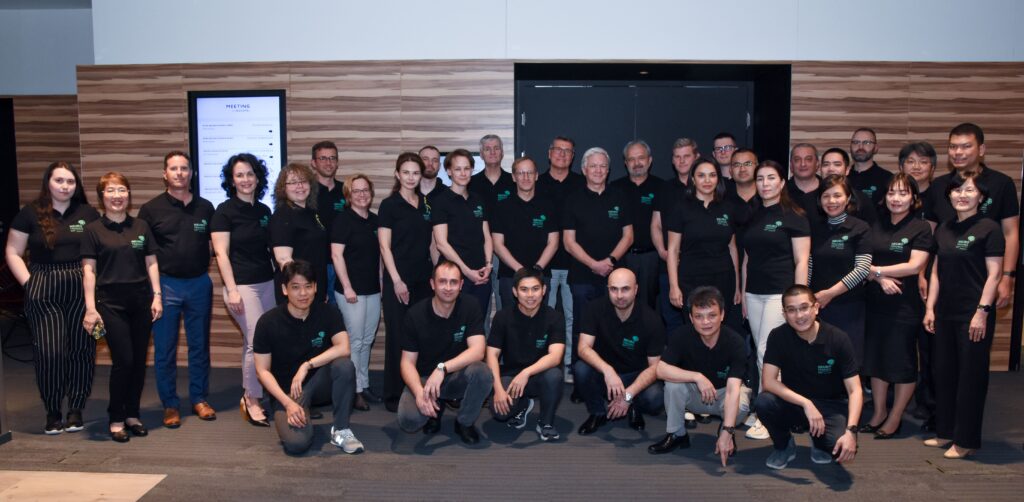
The following series entitled “The NTSC 2023 Experience” brings to light the stories and opinions of the participants who attended this year’s edition, to offer insight and perspective on the program as well as on the needs in neurotrauma research and care.
Interview with Kwon Junsik, Prof. of Traumatology, Ajou University Medical Center, South Korea
1. What is your background and focus in your practice?
I’m a Trauma Surgeon.
2. What are the main challenges in the treatment and prevention of neurotrauma in your country? What do you think needs to be changed?
In some areas, there are not enough competent neurosurgeons to provide timely and appropriate treatment to patients who require craniectomy. Additionally, there is a lack of standardized rehabilitation programs for patients with traumatic brain injury.
3. What makes a ‘’best-practice’’ example from your institution in terms of neurotrauma management that might be replicated in other institutions or countries?
The institution I work for is a fully dedicated trauma center that can provide fast and specialized treatment to severely injured patients, including those with traumatic brain injury (TBI). As a neurosurgeon is part of the trauma team, a treatment plan for related injuries can be developed during resuscitation. With a trauma leader who can make final treatment decisions and perform them directly at the scene of the incident, there is a high likelihood of providing appropriate treatment within the golden time.
In many countries, trauma teams are activated after triage by the emergency medicine department. However, in cases where the symptoms of TBI are not immediately apparent, the trauma team may not be activated quickly enough. Our trauma system can serve as an inspiration for such countries.
4. What are some gaps in neurotrauma research that should be addressed and prioritized?
Some neurosurgeons have a desire for research and good research ideas, but they may be too busy treating patients to dedicate separate time to research. A platform and solution are needed to easily collaborate with professional researchers with even simple ideas for research participation.
5. How familiar are you with the Academy of Multidisciplinary Neurotraumatology (AMN) and have you participated in any of the AMN Congresses?
I first learned about it by participating in this congress.
6. Is the management of neurotrauma enhanced by national guidelines in your country? Do you consider necessary a more systematic approach? How can AMN help in this respect?
There are some programs managed at the national level, including a registry for neurotrauma patients and several national projects for the management of such patients. However, to ensure smooth multidisciplinary collaboration and communication among various stakeholders, there is still a long way to go. AMN can serve as an appropriate model for this purpose, particularly in terms of a seamless transition to rehabilitation treatment for neurotrauma patients, which offers a lot of learning opportunities.
7. The Academy of Multidisciplinary Neurotraumatology (AMN) is working on setting up the stage for a new guideline, in partnership with several affiliated societies. What do you consider priority topics to be addressed by these guidelines?
There should be a definition of essential and ideal resources that should be administered early. It should also be stated who is responsible for providing these resources. Depending on the type of neurotrauma, there should be a clear clinical pathway planned from the beginning.
We kindly invite you to browse our Interview category https://brain-amn.org/category/interviews/.
For sure you will find a cluster of informative discussions with different specialists in the field of neurotrauma.
